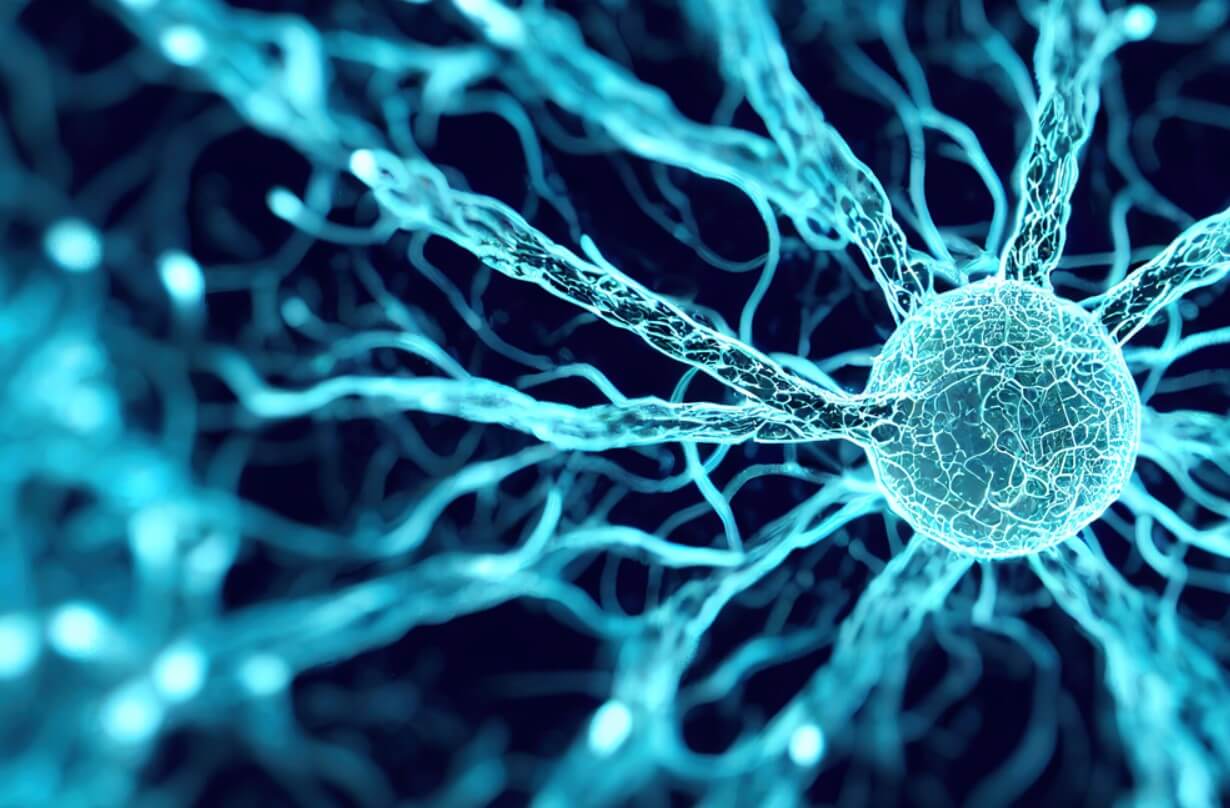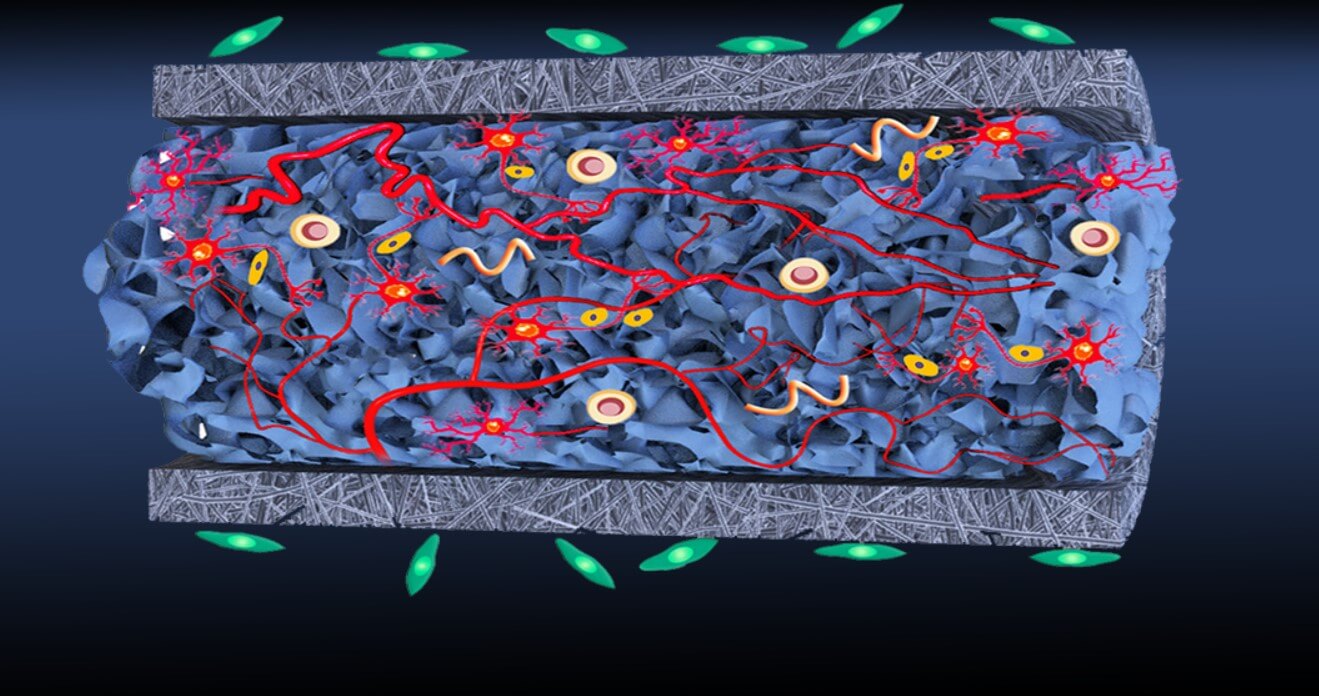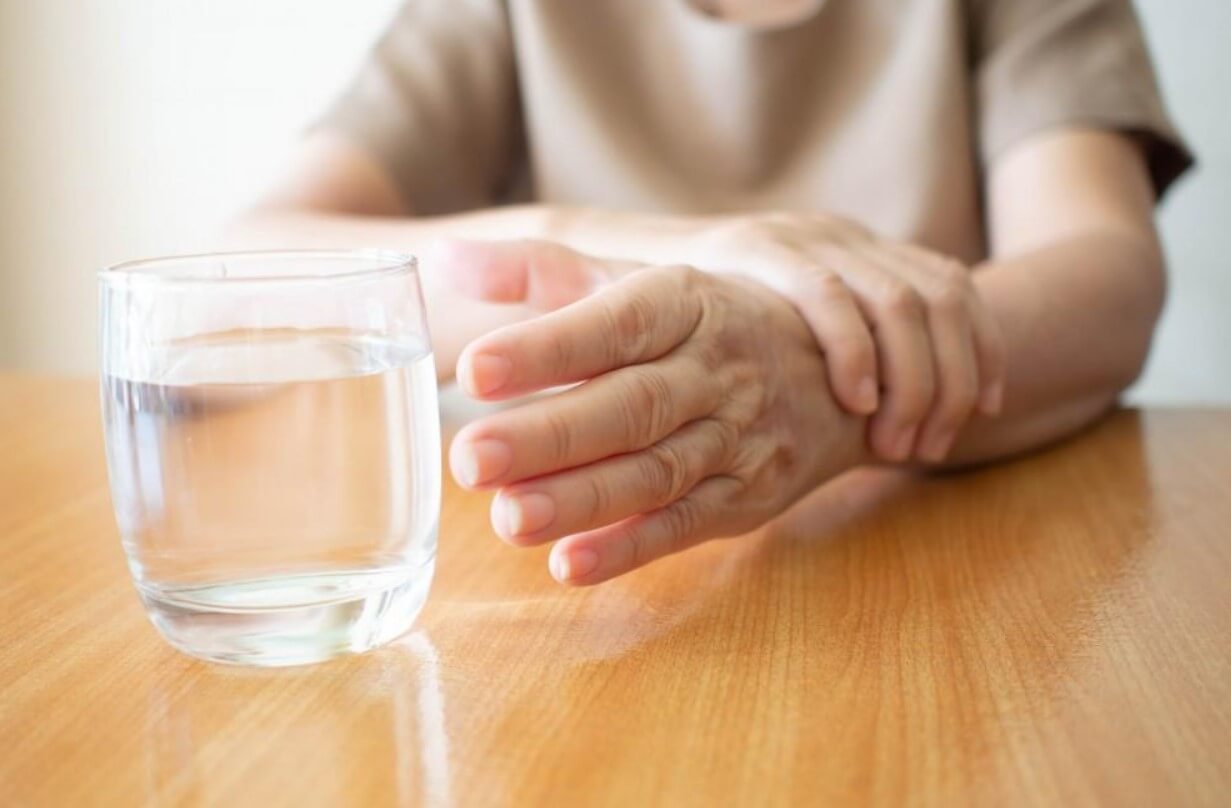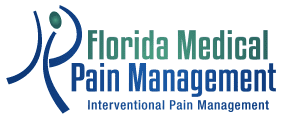
Nerve Damage: Signs, Symptoms, and Solutions
Welcome back to our blog at Florida Medical Pain Management! Today, we delve into a topic that affects millions worldwide. Understanding the signs and symptoms of nerve damage is crucial for early detection and effective management. So, let’s dive in and explore how you can recognize if you have nerve damage and what steps you can take to address it.
What is Nerve Damage?
Nerve damage, also known as neuropathy, occurs when there is damage or dysfunction to the nerves. Nerves are like the body’s electrical wiring, transmitting signals between the brain, spinal cord, and the rest of the body. When nerves become damaged, they may send incorrect signals to the brain or fail to transmit signals altogether. This disruption can lead to a range of symptoms, depending on the type and location of the nerve damage.
Signs and Symptoms:
- Pain: One of the most common symptoms of nerve damage is chronic pain. This pain may feel like a sharp, stabbing sensation, burning, tingling, or numbness. It can be localized or spread throughout a larger area of the body.
- Numbness or Weakness: Nerve damage can cause numbness or weakness in the affected area. This may manifest as difficulty in gripping objects, dropping things frequently, or a loss of sensation in the hands, feet, or other parts of the body.
- Sensitivity to Touch: Some individuals may experience heightened sensitivity to touch, known as allodynia. Even a light touch or gentle pressure can cause discomfort or pain.
- Changes in Reflexes: Damage to nerves can also affect reflexes. You may notice changes in your reflex responses, such as diminished reflexes or exaggerated reflex reactions.
- Muscle Twitching or Spasms: Nerve damage may cause involuntary muscle twitching or spasms, which can be uncomfortable and disruptive to daily activities.
- Bowel or Bladder Dysfunction: In cases where nerves controlling the bladder or bowel are damaged, individuals may experience urinary or fecal incontinence, difficulty urinating, or constipation.
- Difficulty with Coordination and Balance: Damage to nerves responsible for proprioception (the body’s sense of spatial awareness) can lead to difficulties with coordination and balance, increasing the risk of falls and injuries.

SCHEDULE A CONSULTATION
Experience a pain-free life! Call us at (727) 268-0172
How Do You Know You Have Nerve Damage?
Recognizing the signs and symptoms of nerve damage is the first step in seeking appropriate medical care. If you experience any of the symptoms mentioned above, it’s essential to consult a healthcare professional for a thorough evaluation. Your doctor may perform various tests to diagnose nerve damage, including:
- Physical Examination: Your doctor will conduct a physical examination to assess your symptoms, reflexes, muscle strength, and sensation in the affected areas.
- Electromyography (EMG): EMG measures the electrical activity of muscles and can help identify nerve damage by assessing how well the nerves are transmitting signals to the muscles.
- Nerve Conduction Studies (NCS): NCS measures how quickly electrical signals travel through your nerves, helping to identify nerve damage and determine its severity.
- Imaging Tests: In some cases, imaging tests such as MRI or CT scans may be ordered to visualize the nerves and surrounding structures and identify any abnormalities.
- Blood Tests: Blood tests can help identify underlying medical conditions that may be causing or contributing to nerve damage, such as diabetes or autoimmune disorders.
Treatment Options:
Treatment for nerve damage depends on the underlying cause, the severity of symptoms, and the individual’s overall health. While nerve damage may not always be curable, various treatment options can help manage symptoms and improve quality of life, including:
- Medications: Pain relievers, anti-inflammatory drugs, antidepressants, and anticonvulsant medications may be prescribed to alleviate pain, reduce inflammation, and control nerve-related symptoms.
- Physical Therapy: Physical therapy can help improve strength, flexibility, and balance and reduce pain associated with nerve damage through targeted exercises and therapeutic techniques.
- Transcutaneous Electrical Nerve Stimulation (TENS): TENS therapy involves the use of a device that delivers small electrical impulses to the affected area, helping to reduce pain and improve nerve function.
- Nerve Blocks: Injections of local anesthetics or steroids may be administered near the affected nerves to provide temporary pain relief and reduce inflammation.
- Surgery: In severe cases, surgery may be necessary to repair or decompress the affected nerves, remove tumors or growths, or address underlying structural issues.
- Lifestyle Modifications: Adopting healthy lifestyle habits such as maintaining a balanced diet, exercising regularly, managing stress, and avoiding harmful substances like alcohol and tobacco can help support nerve health and overall well-being.

SCHEDULE A CONSULTATION
Experience a pain-free life! Call us at (727) 268-0172
Conclusion
Damage to nerves can have a profound impact on daily life, affecting mobility, sensation, and quality of life. Recognizing the signs and symptoms of nerve damage is crucial for early detection and prompt intervention. If you suspect you may have nerve damage, don’t hesitate to seek medical attention. With proper diagnosis and treatment, many individuals with nerve damage can experience significant improvement in their symptoms and quality of life. Remember, you don’t have to navigate this journey alone—our team at Florida Medical Pain Management is here to provide compassionate care and support every step of the way.
Take Control of Your Nerve Health Today!
If you’re experiencing symptoms of nerve damage, don’t wait any longer. Take the first step towards relief and schedule an appointment with Florida Medical Pain Management. Our team of experts specializes in diagnosing and treating nerve-related conditions, helping you regain control of your health and well-being. Don’t let nerve damage hold you back—contact us today to schedule your consultation and start your journey towards a pain-free life. Contact us today!
Our Treatment Services
Florida Medical Pain Management’s top priority is serving our patients’ needs and creating long-lasting relationships with them. Our treatments include:
- Treatment for Neuropathy
- Arthritis Management
- Back Pain Medication
- Chronic Pain Treatments
- Epidural Injection
- Regenerative Medicine
- Hip Pain Medication
- Ketamine Infusion Therapy
We want to help patients live more fulfilling and productive lives by effectively managing their pain. Florida Medical Pain Management also provides home therapy and many more. Click here to see our other services.















